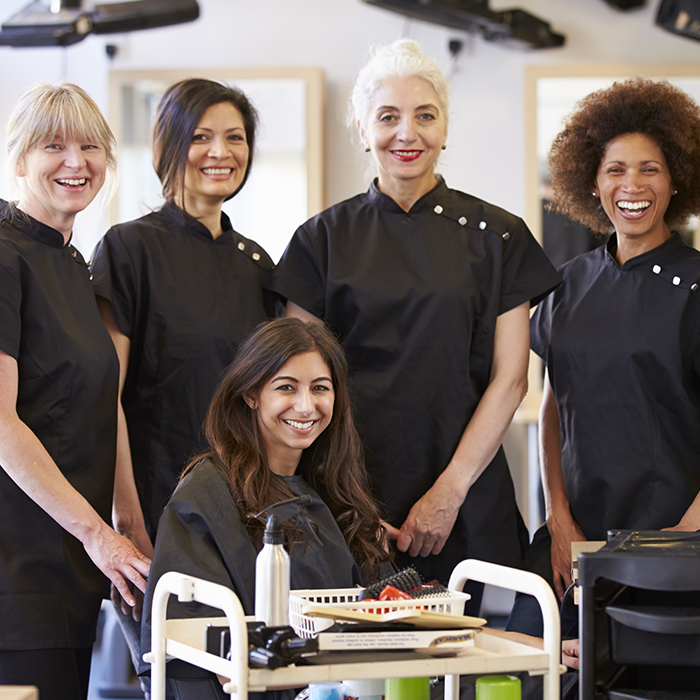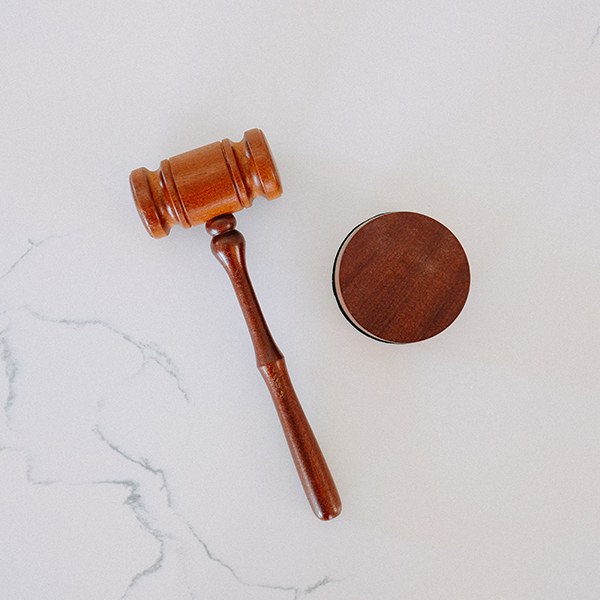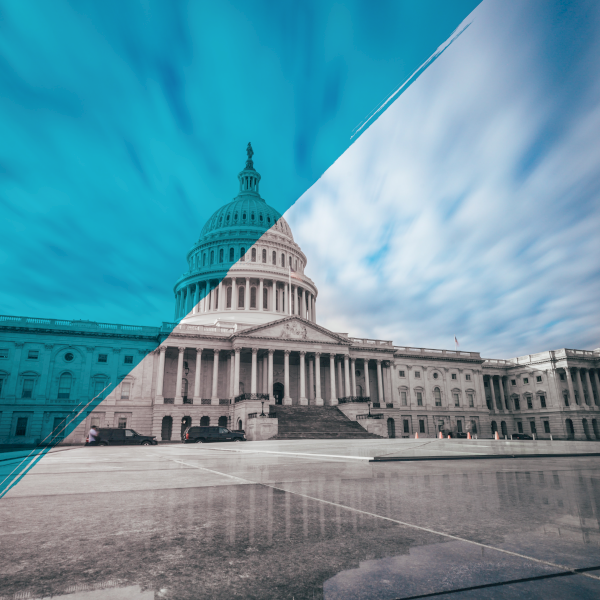Working in the beauty industry requires passion, creativity, and education and training. To become a licensed beauty professional, you must complete an educational program and pass the state board exam. State boards oversee licensing and protect consumer safety. Regulations that oversee the safety of beauty services have worked well for a number of years and protect the safety of professionals and clients.
But there’s a secret conversation in state legislature – about less government regulation and occupational licensing deregulation. With support from organizations like the Institute for Justice, beauty industry licensing regulations ware seen as a roadblock to work – downplayed as a scheme to discourage market competition.
What if the professional beauty industry was deregulated? What would the impact be? Deregulation would affect everyone from manufacturers, distributors, to salon owners and licensed professionals. Most importantly, the consumers – YOUR clients – would suffer the most.
Consumers trust that the professional providing their beauty service is educated, trained, and licensed – that they know what they’re doing.
Consider some of the possible effects of deregulation:
- Schooling and accreditation would not be required, putting beauty schools out of business and giving individuals without formal education the ability to set up shop and be open for business.
- Unlicensed professionals would have access to professional products without being trained in those products’ proper use.
- Clients would be put at risk for physical injuries and illness including chemical burns, staph infections, and highly contagious diseases and bacterial infections like Methicillin-Resistant Staphylococcus Aureus (MRSA).
- Health hazards like lice, open wounds and infections would spread in unsanitary environments.
Consumers have the right and opportunity to report unsanitary salons, the spread of infection, injury, or any other matter of concern to the state board. The state board can inspect and administer appropriate sanctions. If a state were deregulated, consumers would have no one to support them if they were harmed or injured because the board overseeing licensed beauty professionals would no longer exist.
Consumers injured during a service have the legal right to contact an attorney and file a claim for damages. Beauty professionals usually have insurance to cover these claims. But if a consumer was injured by an untrained service provider who doesn’t carry liability insurance, the service provider would be left holding the bill.
From schools to manufacturers, to insurance liability and accountability issues, deregulation would destroy a professional industry that strives to uphold safety and professionalism. Licensed beauty professionals elevate the industry through best practices learned through formal education and training. As the number of beauty professionals continues to rise, industry regulation is more important than ever.


